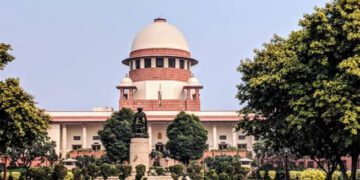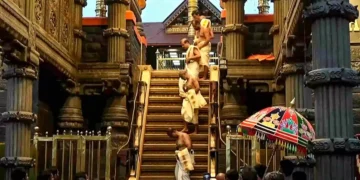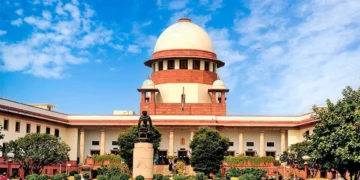Blitz Bureau
THE Supreme Court has rejected a batch of pleas seeking review of its Constitution Bench judgment, which had held that sub-classification within Scheduled Castes (SCs) and Scheduled Tribes (STs) would be permissible for providing benefits of affirmative action.
After perusing the review petitions, a seven-judge Constitution Bench headed by CJI DY Chandrachud said, “There is no error apparent on the face of the record. No case for review under Order XLVII Rule 1 of the Supreme Court Rules 2013 has been established. The review petitions are, therefore, dismissed.”
In a landmark verdict delivered on August 1, the majority suggested the application of the “creamy layer” principle to the SCs and STs for availing quota benefits, but with a caveat that while providing for sub-classification, the Government would not be entitled to reserve 100 per cent seats available for SCs/STs in favour of a particular sub-class to the exclusion of other castes in the List. In a 6:1 decision, it overturned its 2004 judgment, which had ruled against giving preferential treatment to certain sub-castes within Scheduled Castes (SCs).
In his detailed opinion, Justice B.R. Gavai said, “When the 9-Judge Bench in Indra Sawhney held that applicability of such a test (creamy layer test) insofar as Other Backward Classes are concerned would advance equality as enshrined in the Constitution, then why such a test should not also be made applicable to the Scheduled Castes and Scheduled Tribes.”
“Can a child of IAS/IPS or Civil Service officers be equated with a child of a disadvantaged member belonging to Scheduled Castes, studying in a Gram Panchayat/Zilla Parishad school in a village?” Justice Gavai asked.
Justice Gavai’s opinion, supported by Justices Vikram Nath, Pankaj Mithal, and Satish Chandra Sharma, stressed that the Government must evolve a policy for identifying the creamy layer even from the SCs and STs so as to exclude them from the benefit of affirmative action.
In 2004, a 5-judge Constitution Bench in EV Chinnaiah vs State of Andhra Pradesh case, which now stands overruled, had held that the members of the reserved category groups form a homogeneous class incapable of further regrouping or classification.


























